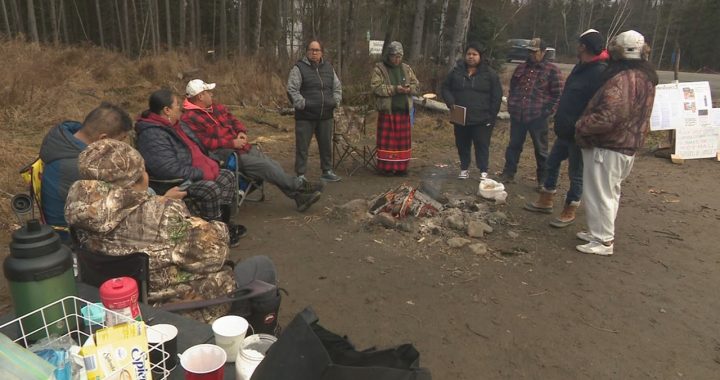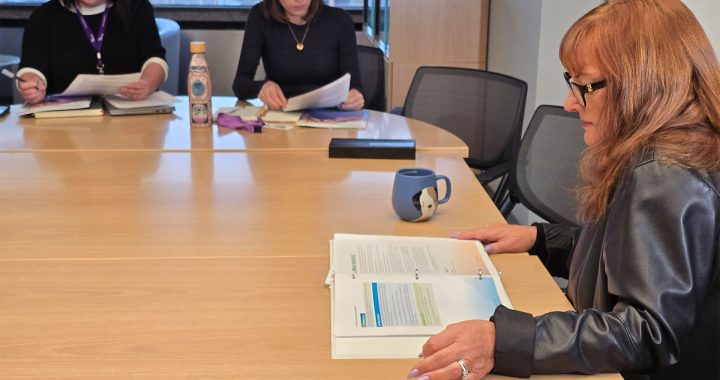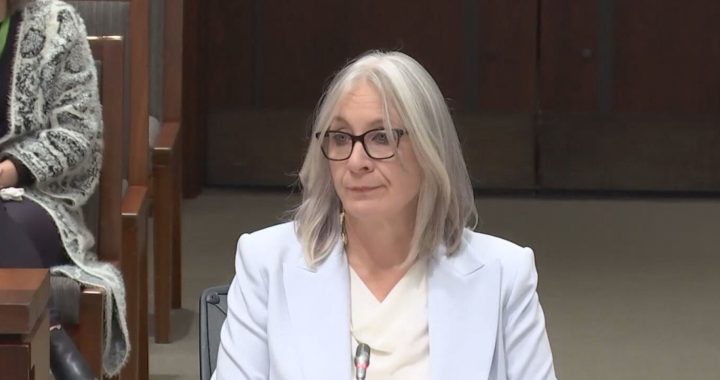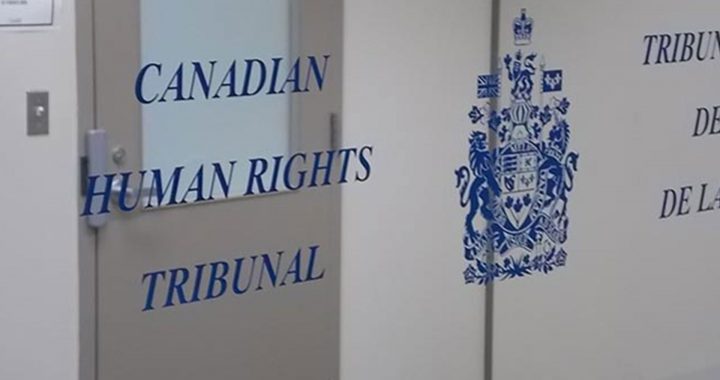The NDP is calling on the federal government to urgently invest into more emergency preparedness in First Nations communities.
Last week, Nunavut MP Lori Idlout and Manitoba MP Niki Ashton sent a letter to Minister of Indigenous Services, Patty Hajdu, outlining First Nation’s urgent need for funding of emergency preparedness resources amidst the climate crisis.
“Over the last 13 years on average, a First Nation has been faced with an emergency leading to displacement just over once every 3 days – and with the climate crisis, it’s only going to get worse,” say Idlout and Ashton in the letter.
The letter references the auditor general’s 2022 report that found Indigenous Services did not provide the support First Nations communities need to manage emergencies like wildfires or floods.
First Nations communities are 18 times more likely to be evacuated because of an emergency event compared to non-First Nations communities, as reported by the Assembly of First Nations Emergency Response Sector, the letter notes.
This year’s wildfire season has been one of the worst seasons in Canadian history. As of Aug. 1, 13 million hectares of land have been burned across the country, there are over 1,000 active fires and 653 labelled as out of control, reports the Canadian Interagency Forest Fire Centre.
“For instance communities like Leaf Rapids, Cross Lake, Pukatawagan, Little Grand Rapids, Paungassi, and Bloodvein were evacuated in the last couple of years due to wildfires,” say Idlout and Ashton in their statement.
The federal government turned down a request for a firetruck by Bloodvein First Nation, located over 200 km north of Winnipeg. Ashton says the community is frustrated and feels vulnerable due to the lack of firefighting equipment and resources.
“This is very much a perfect example of the way in which I have seen, not only has let First Nations down, but ignores their repeated calls for specific support that they need for community safety, but also in the face of the climate crisis,” says Ashton.
Read More:
In heavy wildfire season, B.C. communities still recovering from previous fires
Feds underfunding emergency preparedness in First Nations communities says report
The evacuation of First Nations due to wildfires and flood is further complicated by a lack of cellphone service in northwestern Ontario and Manitoba, critical infrastructure for evacuations that Ashton says Indigenous Services refuses to fund.
“Comprehensive action needs to be taken, that includes things like making cell service available for remote and isolated communities. It is an issue of life and death and absolutely a part of emergency preparedness.”
The inability to coordinate wildfire responses and communicate with those still in community was very traumatic for evacuees, Ashton points out. She asked the Minister of Indigenous Services about funding cell service for the communities and ISC explained it was out of their purview.
“The Minister’s Office and Indigenous Services Canada works closely with Chiefs and community first responders to support First Nations with what they need, when they need it,” Hajdu says in an email statement to APTN News. “Emergency management must be led by and for First Nations consistent with principles of self-determination.”
The statement points out the federal governments has reformed the Emergency Management Assistance Program to be “more flexible and respond to emergencies in a way that is best for individual communities.”
“Climate change is having a disproportionate impact on Indigenous communities, and we know from the Auditor General that the federal government is failing First Nations when it comes to emergency preparedness in the face of the climate crisis,” says Ashton.
“Our message is that time to act is now, lives are on the line.”










